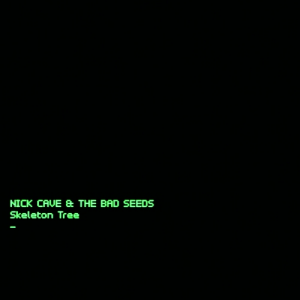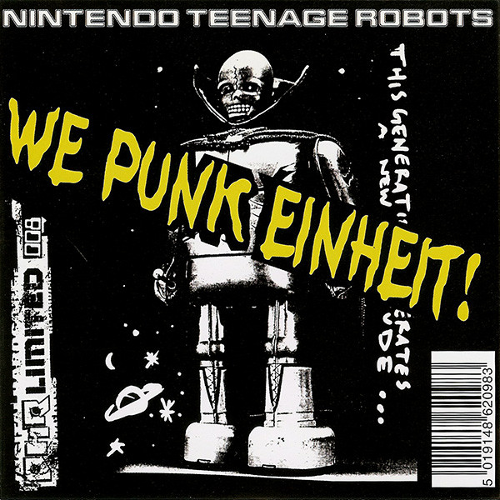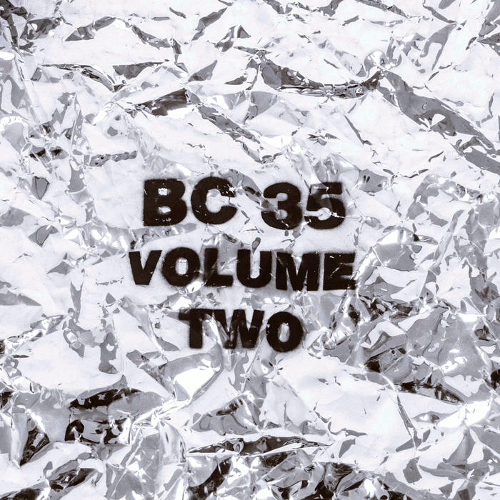 It will cause no great controversy if I say that Nick Cave has been writing about love and death for most of his career. If The Birthday Party were the gleeful rictus grin of the Grim Reaper, then later work with the Bad Seeds saw him embrace grief as a response, rather than savage laughter. For me it’s The Boatman’s Call when this shift really takes place, as if ever since then he’s tempered his wicked observations with a knowledge of the responsibilities and consequences of both. Skeleton Tree takes this sensibility right to the edge of the void and, wiping away a tear, kicks it into the darkness.
It will cause no great controversy if I say that Nick Cave has been writing about love and death for most of his career. If The Birthday Party were the gleeful rictus grin of the Grim Reaper, then later work with the Bad Seeds saw him embrace grief as a response, rather than savage laughter. For me it’s The Boatman’s Call when this shift really takes place, as if ever since then he’s tempered his wicked observations with a knowledge of the responsibilities and consequences of both. Skeleton Tree takes this sensibility right to the edge of the void and, wiping away a tear, kicks it into the darkness.
Through all their changes and transformations, they’ve always played up the image of band as gang, and listening to Skeleton Tree it’s hard not to imagine Warren Ellis saying “Look, guys, the boss is grieving. We’re gonna be there for him. Play it like motherfuckers”. And they do. From the drone abstractions of “Jesus Alone” to the haunted balladry of “Magneto” to “Rings Of Saturn”, with its Cope-style “whoo whoos” and tinkly Blade Runner synths, they sound every bit as intense and broken as he does.
In an odd and kinda morbid way, it makes a good companion piece to the other saddest album of 2016 so far, Bowie‘s ★, except Skeleton Tree mourns a death remembered rather than a death foretold. And if there was nothing more Bowie than dropping an amazing album and then dying, there’s definitely nothing more Nick Cave than finding oneself at the height of one’s powers when in the very depths of despair.
I don’t know what I really expected from this album. I honestly can’t remember; the actuality of it is so whole and seamless a thing it’s hard to imagine it being any other way. Right from the second that first drone starts pulsing on “Jesus Alone” to the hymn-like title track and its closing, passionate “but it’s all right now” that’s more of a fervent wish than a description, it’s one of the most beautiful tours of a personal Hell you will ever undertake.
-Justin Farrington-



